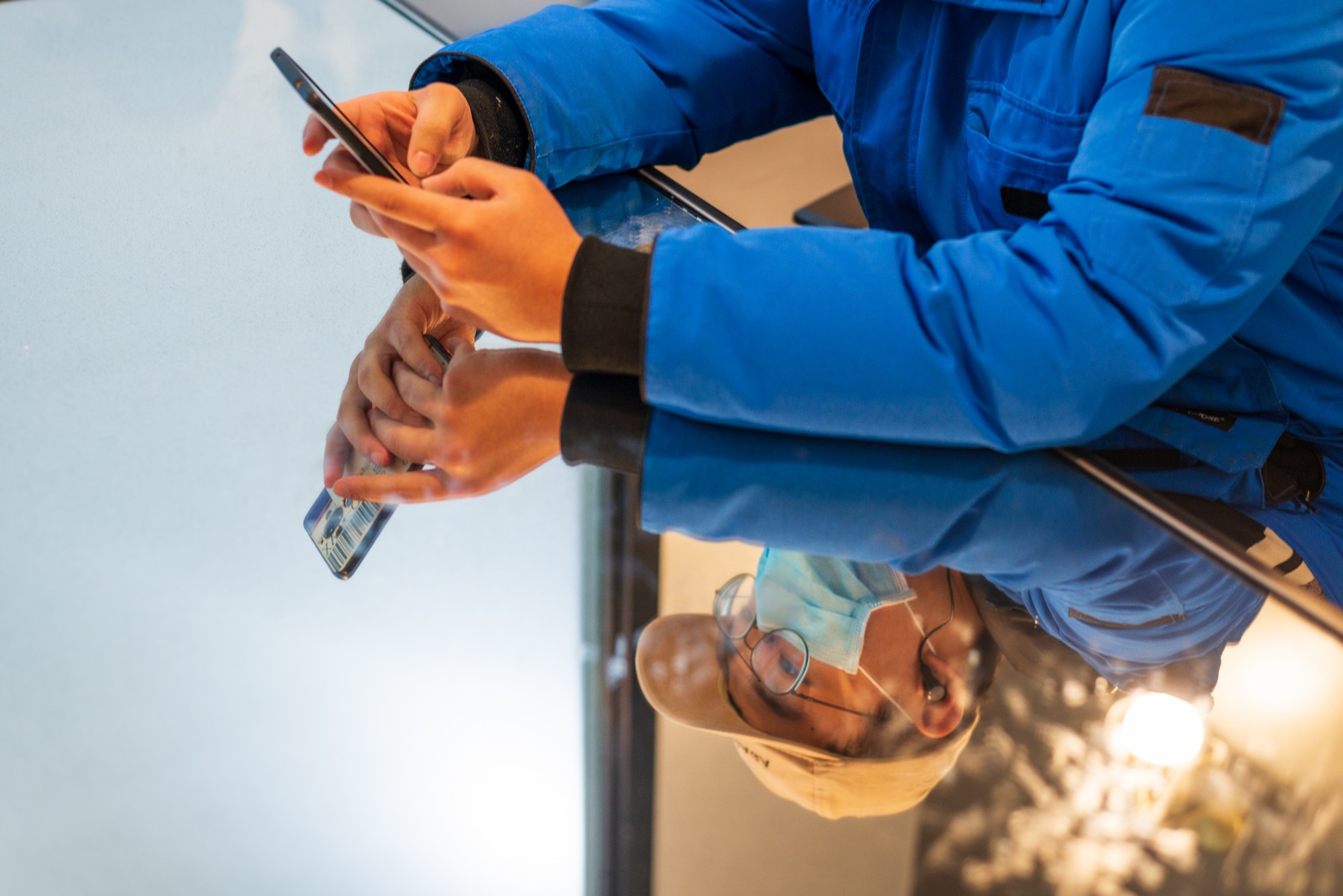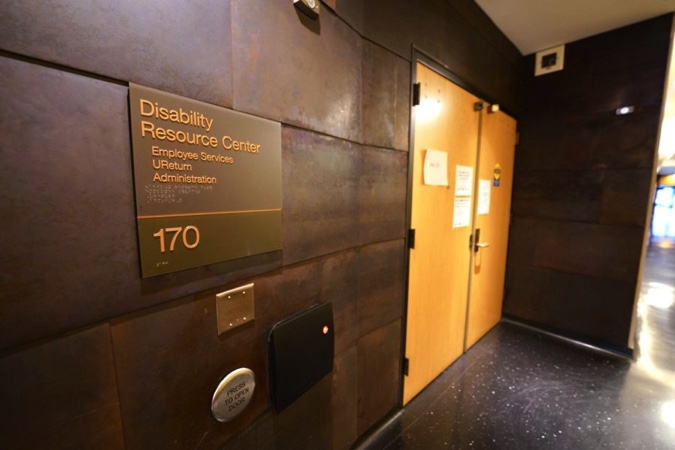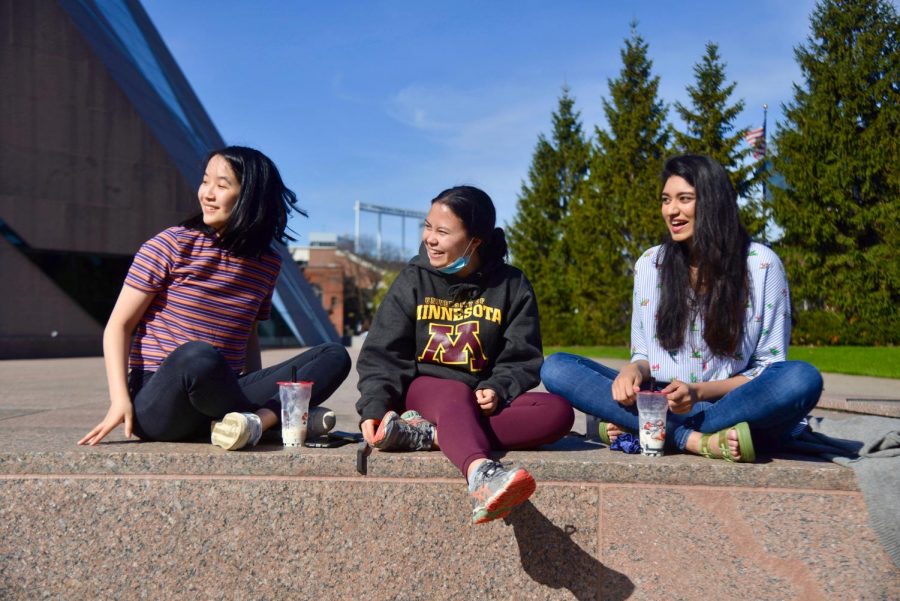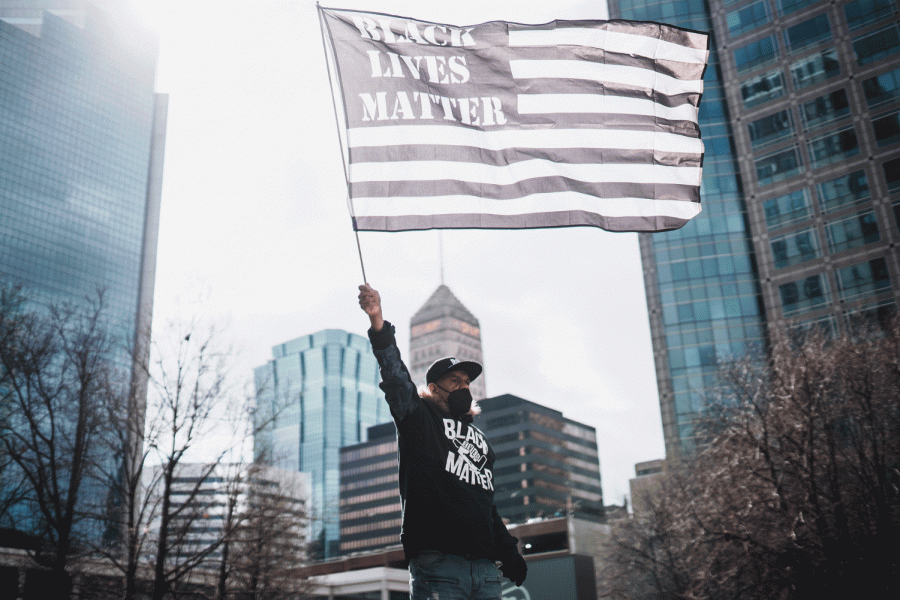University of Minnesota senior Chengde Yan plans to fly back to China on April 5, and his parents are breathing a huge sigh of relief.
Yan said his parents regularly check in with him about the number of confirmed cases in the University community and are worried that their only son will not receive adequate treatment if he contracts COVID-19.
Yan’s parents are not the only ones who worry about their children attending the University. With the coronavirus pandemic continuing to escalate, many parents of international students are hesitant in letting their children stay in the U.S. for the remainder of the spring semester.
Many parents said that they worry about the high cost of healthcare in the U.S. They are also afraid that their children will not get access to adequate medical care once affected because of the shortage of medical resources in the U.S. and because their children are foreigners. Some parents are worried that the few resources the U.S. has will go to its citizens and not their children.
The University extended online instruction until the end of the spring semester, providing many international students the option of taking classes from their home country. All libraries and recreational and wellness services, except for mental health programming, are suspended on the Twin Cities campus.
Countries like China and South Korea have gained control over the outbreak within their borders compared to other countries with strict measures and government intervention. Meanwhile, the number of confirmed cases in the U.S. has soared.
As of Tuesday, there were more than 52,000 confirmed cases across the U.S., and at least 675 patients had died. The number of confirmed cases in Minnesota has jumped to 262, according to the New York Times.
With the increase in cases, University journalism student Jinsol Lee said her dad worries about the healthcare she could receive in the U.S.
“My dad’s worry is that … it will be more difficult for me to get cared [for] or tested,” Lee said. “He thinks that even if I cannot come back to the U.S. for fall semester, it is better [to] stay home in Korea.”
Lee is going back to South Korea this Friday, and she said her dad also worries about her flight layover in Detroit, where he believes there is a high possibility of contracting the virus.
The University’s International Student and Scholar Services created a webpage for COVID-19 updates to help international students. In a help guide, ISSS said it supports students in “making the decision that is best for you in regard to returning to your home country for the remainder of Spring 2020 term.”
ISSS is also creating ways to engage students both in Minnesota and abroad. For example, ISSS staff will host a “virtual summit” to connect with international students, said Caitlin Hurley, a University spokesperson.
Jeenou Yi, president of the Korean International Student Organization, said a number of Korean students have already gone back to South Korea.
They go back for multiple reasons, he said.
“They want to stay at home with their family and friends, which makes them feel comfortable,” Yi said. “The coronavirus here in the U.S. is rapidly growing rather than Korea, so they have a fear, and their parents have a fear. Also, the other problem is the insurance and coverage when they get coronavirus.”
On its webpage, KISO published a post to encourage students with similar concerns to email them and ISSS.
University statistics senior Jin Tang, who is from China, said her mother also worries about a possible high expense and lower chance of getting health care resources as a foreigner when the whole country suffers from a shortage of medical resources.
“I am thinking of asking you to come back home. I saw the news, and there will be many people in the U.S. affected in the future,” Xiurong Zhang, Tang’s mother, said in a message to her. “Like Wuhan, the hospital could not handle a huge number of patients, and many people have to be quarantined at home. Don’t be flippant. It would be out of control if the virus spreads. No one could forecast the aftermath.”
Wencheng Fan, president of the Chinese Student Union, said he feels like many Chinese students’ parents want them to go back, and their primary concern is that the pandemic in the U.S., especially in New York, is getting worse.
University psychology senior Julie Lee said she will go back to South Korea on Thursday. Lee said her parents believe that staying in the U.S. is dangerous.
Since Lee cannot attend the commencement ceremony, she said she bought herself a cap, gown, stole and tassel online and will bring them back with her to South Korea.


















